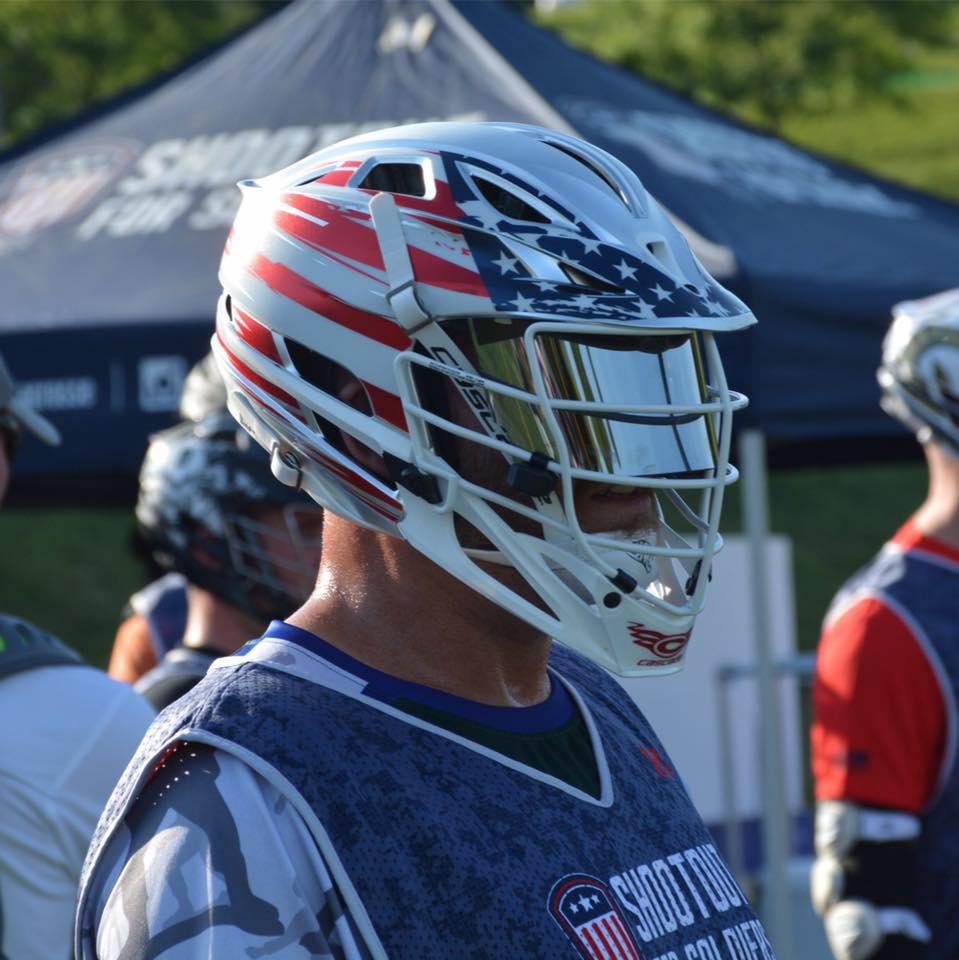“My love for lacrosse had to be put on hold while I served my country for 10 years including multiple deployments. Surprisingly, I was very good at being a Marine and I definitely have lacrosse to thank for that. There are many similarities between the two. Athleticism is probably the most obvious thing shared between the military and lacrosse. There is a hierarchy between the two as well. I had team captains, assistant coaches, and head coaches in lacrosse just as I had squad leaders, platoon sergeants, and platoon commanders in the Marine Corps. We had offensive and defensive plays on both fields and a lot of shots on both fields as well! The biggest thing that helped me in my transition to becoming a Marine was “coachability”. I could follow orders and had discipline to do what I was told in stressful situations. Then in 2013, I was a bit battered and torn from my deployments and was medically discharged from the Marine Corps.
When I came home, I finally had time to reflect on everything that had happened to me. My internal battle with the wars I was in still carried on and I became very anti-social. My wounds were replaced with scars and my memories became nightmares. I was diagnosed with Post Traumatic Stress Disorder (PTSD). As a Marine, I refused to believe that everything I’ve seen and the fire fights I’ve been in had taken a piece of me. I felt like I was broken and I was ashamed. I felt guilty for things that happened, the things I’ve seen, or friends that I lost. I couldn’t look someone in the eye because I was afraid they would see how damaged I was. I felt very vulnerable. In the Marine Corps, I had to be two different people. There was the Marine in battle that had no emotion and just ran on adrenaline and the orders he was given and then there was the person I was back home. Compartmentalizing was the only way I could rationalize the things I had to do in war. It wasn’t “me” it was the OTHER me. Then trying to lock that person in the closet when you got home is the only way I could cope, but he’s still there. I would just let him out for the next deployment. That takes a toll on you and you start to confuse the two and it becomes too much of a task to keep it all together.
After a year of physical therapy and treatments, I was able to walk on the field again as a lacrosse coach. That is when I heard about the Shootout for Soldiers and I had to give back being a recipient of both the Semper Fi Fund and the Wounded Warrior Program. My love for the military and lacrosse was combined into one great cause. Shootout for Soldiers helped me cope with my PTSD by helping me interact with other veterans on the lacrosse field, and the fact that others knew my struggle and I was using lacrosse as an outlet, I began to open up more. I never liked going to group therapy because I didn’t like being around people. The Shootout for Soldiers was the best way for me to get therapy because it hid the group therapy in a lacrosse game! I met a lot of great friends through the Shootout for Soldiers and we still talk off the field on a regular basis. The Shootout for Soldiers benefits not only military members through its charitable cause but by helping military members who love lacrosse find an outlet and connect with others who may have the same fear of opening up as I did.
At first, I only knew about what veterans went through in war by reading about it and then I got my chance to experience it first hand by going on three deployments. In all my experiences, I still idolize the veterans who came before me. Their sacrifice and struggle shows the character of the men who fought in the World Wars, Korea, and Vietnam. They were willing to give their lives for such words as God, Country, and Freedom. Honor, courage, and commitment were words that steered their moral compass. They kept those words close to their heart as they enlisted as early as 16 to go to a foreign land and fight an enemy who threatened the very fabric of their beliefs. They were willing to lay in a fighting hole in the coldest of winter to ensure that those they loved back home would never have to know what that was like. As civilians tuck their children in at night, enjoyed a baseball game, or celebrated holidays, there were great men and women sacrificing everything to make sure that the evils and horrors they saw never reached the American people back home.

Because we have the luxury of not having a war in our backyard since the Civil War, many civilians do not understand the toll war takes unless they are a mother, child, friend, or spouse of someone who gave their life for their country. A lot of men and women have gone off to war but that same person just never makes the trip back home. Some have given the ultimate sacrifice and left their life in a foreign land. Others have left blood, sweat, limbs, and a lot of tears there. Still a majority of us have left part of our souls there. Not all wounds are visible. A lot of veterans come home from war but they brought the war home with them. We are losing veterans to suicide at a rate of 22 a day. It’s like an enemy sniper from 7,000 miles away.
While not all veterans go to war, they are prepared to, and their work is still to support the men and women who are fighting on the front lines. In today’s day and age, that front line is blurred by technology and wars are being fought in cyberspace as well as the arid lands of the Middle East. To be a veteran is to give an oath to your country and to write a blank check with the value up to and including your life. To stand vigilant against the evils of the world and protect the American people and the American way of life. To give up your comforts so that others can have theirs. A veteran is a selfless person who loves what’s behind him…
Thanks to the Shootout for Soldiers, a veteran gets to feel that love returned.”
– Sgt Lance Crafton (RET)





